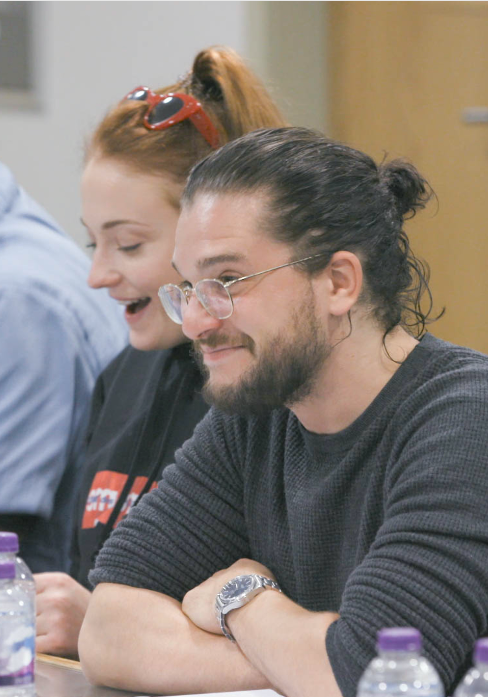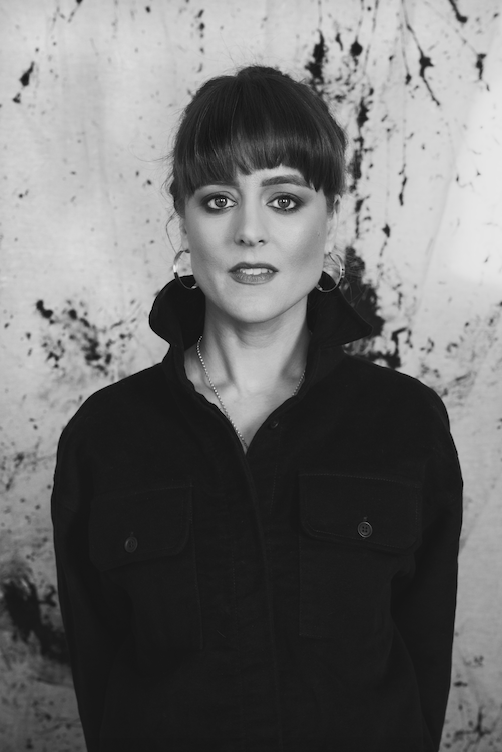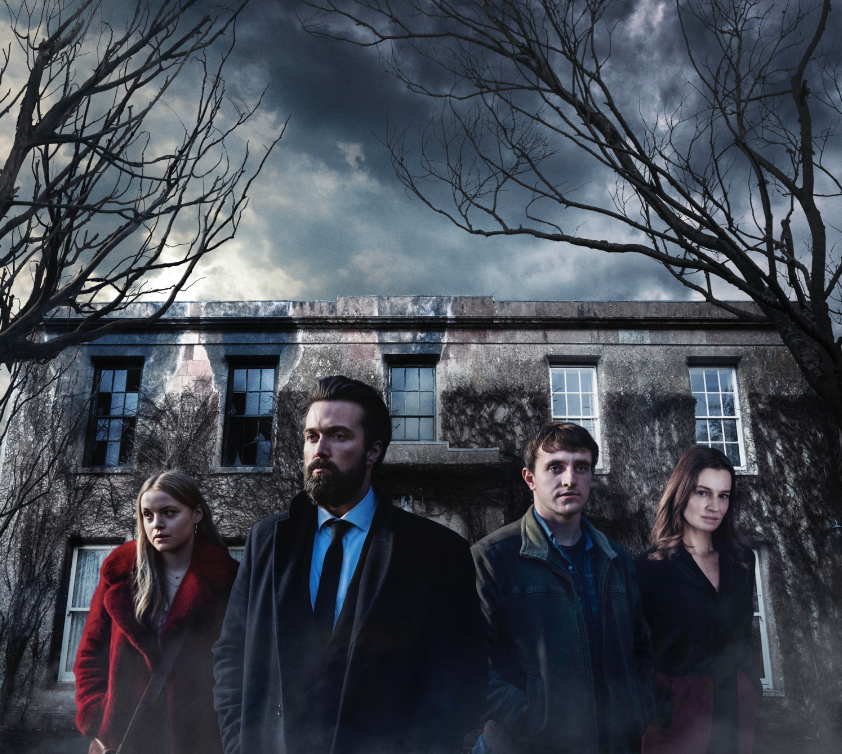“You know nothing, Jon Snow” wouldn’t have meant much to Northern Irish artist, composer, producer and broadcaster Hannah Peel in 2019, as she was one of the few people that had never seen one episode of Game of Thrones. No shame (shame!) of course – that was until she was asked to compose and record the soundtrack for Game of Thrones: The Last Watch, a feature length documentary chronicling the creation of the show's most ambitious and complicated season. A binge-watch to rule them all followed...
“It was the classic, ‘Oh my God, this series is so huge – I am never going to even start this because I'm never gonna get through it!’” Peel laughs, remembering when the documentary’s director Jeanie Finlay told her that she had over 900 hours of footage to edit down to just under two hours.
“I bought a house in Northern Ireland and that summer I had builders that were knocking down walls, and all I could do was binge-watch the whole of Game of Thrones because I had no other choice, because I couldn't work at home! That was technically my job for a month, and I totally got into it and loved it.
"I made a massive list of themes and music as it was going on, and one of the things that I took from the score was that I loved the low strings that were used in the original series – there's a lot of cello and a lot of double bass.”






